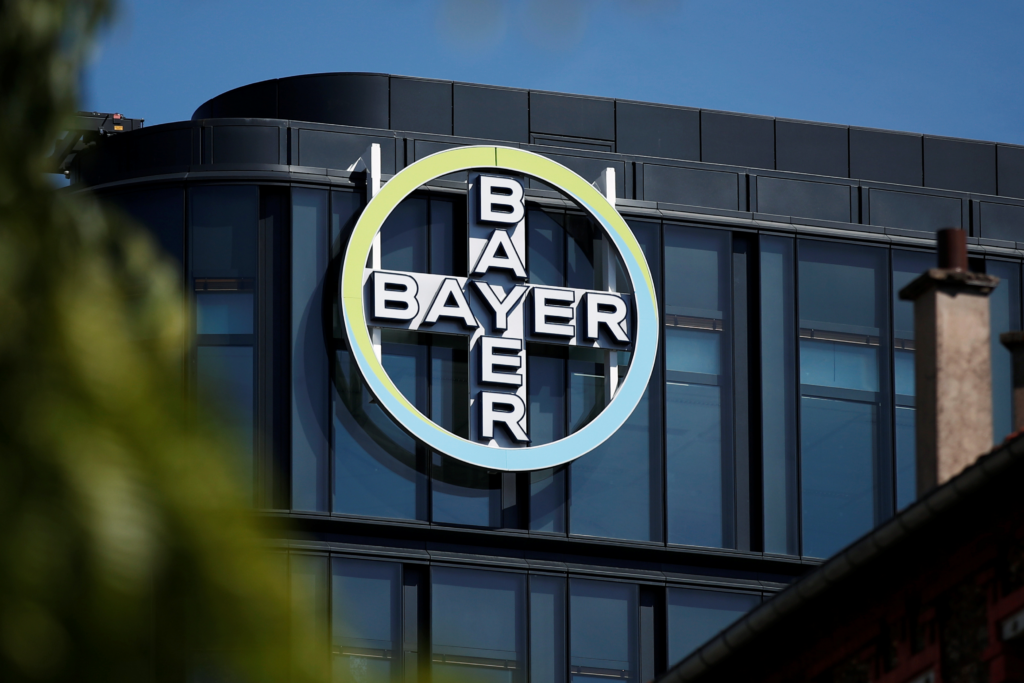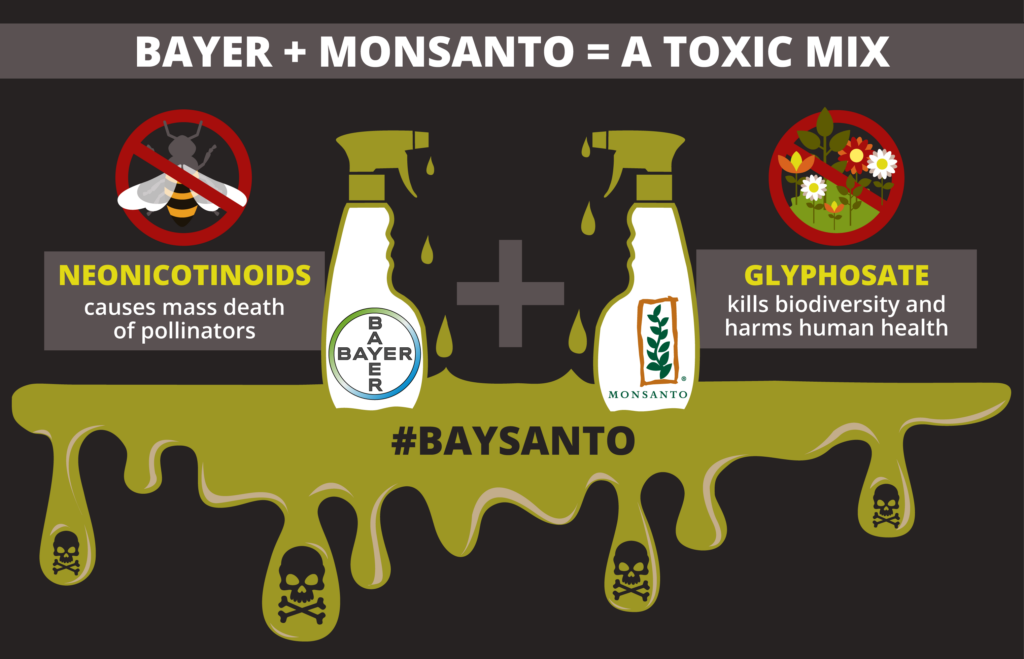In 2018, Bayer, a prominent German pharmaceutical and chemicals company, acquired Monsanto, an American agribusiness giant. The $63 billion deal became the largest acquisition ever by a German company. Yet, despite its ambition, this merger is now considered one of the most disastrous in corporate history. Mounting legal challenges and reputational damage have cast a long shadow over Bayer’s bold move.
US Litigation: Billions in Damages
Monsanto, a company known for producing pesticides and herbicides, brought with it a legacy of controversy. Bayer’s acquisition included Roundup, a widely used herbicide containing glyphosate. Glyphosate has faced allegations of causing non-Hodgkin lymphoma, leading to a tidal wave of lawsuits in the United States.
Between 2020 and 2024, Bayer faced over 100,000 lawsuits linked to glyphosate. In 2020, the company reached a settlement ranging between $8.8 billion and $9.6 billion, resolving the majority of cases. Bayer also allocated an additional $1.5 billion for potential future claims.

While Bayer has won 14 out of the last 20 trials, some losses have been devastating. Late 2023 and early 2024 saw jury verdicts awarding over $4 billion in damages. These massive payouts not only eroded Bayer’s financial position but also its reputation as a reliable corporate entity.
Australian Class Action: A Different Outcome
In Australia, the legal battle over glyphosate unfolded differently. Hundreds of plaintiffs alleged that exposure to Roundup caused non-Hodgkin lymphoma. The Australian Federal Court dismissed the class action in July 2024, citing insufficient evidence to link glyphosate exposure to cancer. This decision marked a rare victory for Bayer, but it did little to offset the broader damage caused by litigation elsewhere.

Scientific Debate: Is Glyphosate Dangerous?
The scientific community remains divided on glyphosate’s potential health risks. Regulatory agencies like the U.S. Environmental Protection Agency (EPA) and the Australian Pesticides and Veterinary Medicines Authority (APVMA) have concluded there is no solid evidence linking glyphosate to cancer in humans. However, independent researchers and some health advocates argue that long-term exposure to glyphosate could carry risks, particularly for agricultural workers.
This divide fuels ongoing debates and lawsuits, leaving Bayer in a difficult position. While regulatory findings support glyphosate’s safety, public opinion and court rulings often tell a different story.
A Full Circle of Irony
Bayer’s troubles take on an ironic twist when considering its broader portfolio. As a pharmaceutical company, Bayer produces drugs for treating non-Hodgkin lymphoma, the very disease at the center of glyphosate lawsuits. Meanwhile, Monsanto’s Roundup, widely used to protect food crops, has been accused of causing the same disease. Bayer’s dual role as both a provider of treatment and a perceived contributor to illness encapsulates the complexities of modern corporate mergers.
Financial and Reputational Fallout
The legal challenges have cost Bayer more than money. Its stock price has plummeted since the Monsanto acquisition, erasing billions in shareholder value. Critics have called the merger a case study in poor due diligence, arguing that Bayer underestimated the legal and reputational risks associated with Monsanto.
Internally, Bayer has attempted damage control through settlements, legal defenses, and public relations campaigns. Despite these efforts, the company remains ensnared in legal battles and public scrutiny.

Lessons for Corporate Acquisitions
The Bayer-Monsanto saga serves as a cautionary tale for corporate mergers. It highlights the importance of thorough risk assessment, particularly when acquiring a company with a controversial history. Bayer’s experience underscores how unforeseen liabilities can derail even the most ambitious business strategies.
The Road Ahead
Bayer’s path forward is fraught with challenges. The company must navigate ongoing litigation, restore public trust, and reassess its strategy. While victories like the Australian Federal Court ruling provide some relief, they are overshadowed by losses in the U.S. legal system.
The scientific debate around glyphosate is unlikely to resolve soon, leaving Bayer in a precarious position. Balancing regulatory compliance, legal responsibilities, and public perception will be crucial for the company’s future.
Bayer’s acquisition of Monsanto aimed to create a powerhouse in agriculture and pharmaceuticals. Instead, it brought unprecedented legal challenges and financial strain. As the lawsuits continue, Bayer’s journey offers a stark reminder of the risks inherent in large-scale corporate mergers.
Our Visitor






 Users Today : 14
Users Today : 14


